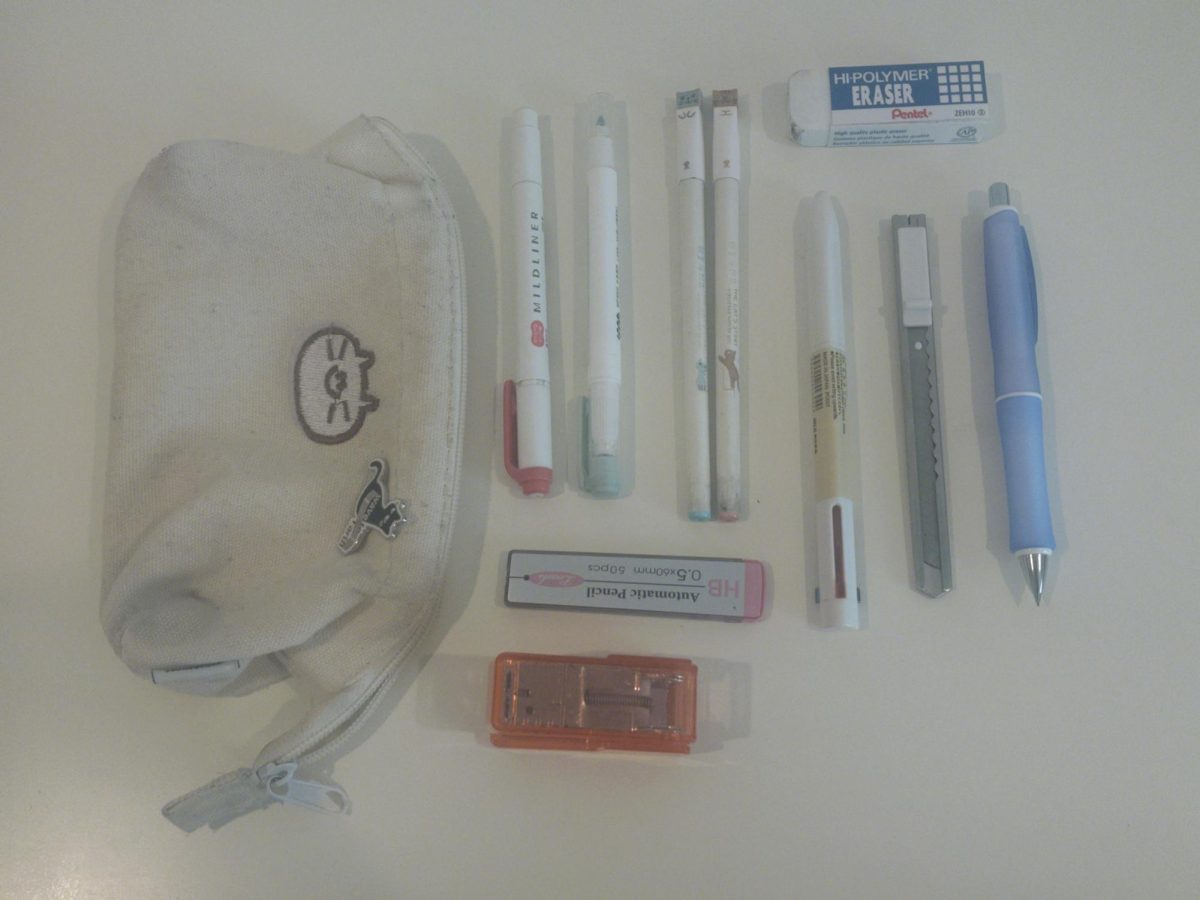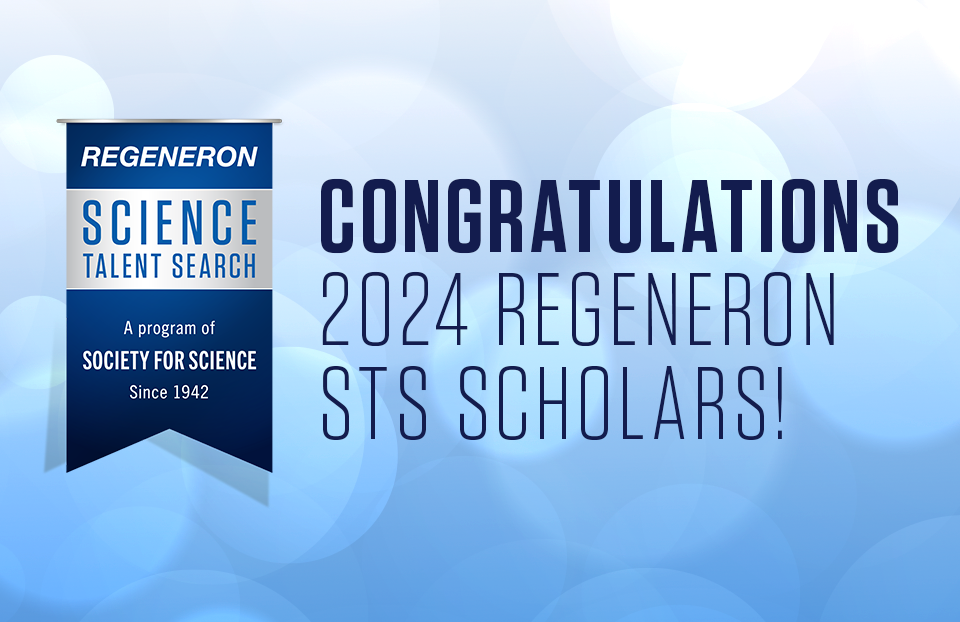On Jan. 10, the Regeneron Science Talent Search (STS) recognized 300 students among 2,162 applicants nationwide for their outstanding research.
Among the winners were three seniors: Esabella Fung, Zeyneb Kaya and Kyleen Liao. They will each receive a $2,000 scholarship and $2,000 in STEM funding for the school. In addition, Kaya was named as a STS finalist (top 40 students). She will go to Washington, D.C., in March for a week-long competition, competing to win a $250,000 prize.
The application process for Regeneron STS is intensive. First, an applicant must submit an up-to-20 page research report on their project, along with comprehensive answers to several questions about it — such as what it is, students’ inspiration for it and why the project matters. There are multiple essays similar to college application questions that ask applicants to describe how their characteristics demonstrate their affinity and aptitude for being a scientist. The applicant then describes any activities they’ve done outside of their research and obtains two recommendation letters from people who are familiar with their academic setting potential.
Kyleen Liao: simulating the air quality impact of prescribed fires using a neural network forecasting system
Liao researched a project using machine learning (ML) to predict PM2.5 (inhalable particulate matter less than 2.5 micrometers in diameter) levels and the impact of prescribed fires — intentionally started by firefighters to clear foliage and reduce wildfire risk — on PM2.5 levels.
Starting in her sophomore year, Liao participated in the Stanford AI4ALL program, which was her first exposure to artificial intelligence (AI). She was then paired with a mentor from the SHS science mentorship program to start her research. After a year, she started to work with Columbia University’s environmental engineering lab to expand her research.
Her mentorship program included three mentors, Dr. Jatan Buch, Dr. Kara Lamb and Professor Pierre Gentine, all from the Gentine Lab at Columbia University. Since this project started a year before her mentorship, she already had a strong foundation before meeting her mentors. The mentors met weekly with Liao to provide feedback and advice on her project.
One crucial factor Liao attributed her success to was that she truly cared about her project and its goals. After seeing the large number of fires across the West and worldwide in recent years, she believed that her research about PM2.5 levels could help the community stay safer.
“My advice is to find something that you really care about and choose a project that you think is meaningful so when you are uncertain, you can persevere and keep pushing through,” she said.
Liao said it felt surreal to become a Regeneron scholar, and she felt honored and grateful for the support from her family and mentors. “They have an alumni network for the Regeneron winners,” Liao said. “I’m really excited to join a lot of these inspiring scientists and peers.”
Esabella Fung: a machine learning approach for assessing labor supply to the online labor market
Fung created a project that developed a machine learning model that uses the Online Labor Index (OLI) to assess the impact of various factors on the labor market. The OLI is a database that tracks trends in online labor changes and online labor supply over time.
The project started as an exercise to apply ML skills to industrial engineering, an area she is looking to major in. She found a website with OLI and open source data that included factors such as weather, population and language, and realized she could use this data to train her model.
She then expanded on her initial work and wrote an independent research paper detailing the procedures and data she gathered.
To Fung, the application process for Regeneron was essentially a reflection of the work she did so far. She felt that the application helped her reflect on her entire project and what she learned from the experience.
Upon hearing the news of her success, Fung was surprised.
“In my head, I thought that only people super experienced at research could win, and I wasn’t really sure about my chances,” she said. “I thought that I was just putting a shot out there because this project was something new that I was learning too.”
In the end, Fung believes that as long as someone has the passion to learn and continue to research, they should pursue it.
“I think it just solidifies the idea that if you really want to learn something, then you should just do it,” Fung said.
Zeyneb Kaya: a novel multilingual data augmentation algorithm for low-resource neural machine translation
For her project, Kaya developed an algorithm for the natural language processing of low-resource languages — languages that don’t have a lot of data or resources behind it. Since many AI algorithms focus on high-resource languages such as English, Kaya’s project helped make AI more inclusive for these low-resource languages.
Prior to this project, she had already explored and researched low-resource language processing. Kaya said she was partially inspired by her family, who also speak several uncommon languages at home. Her personal connection and past experience with AI sparked her to start this project.
Kaya started working on her project in December 2022 and worked on it independently for the next year. At first, she felt hesitant about her idea.
“What was hard about my project was that it’s an area that’s not very well studied. So I had a lot of doubts as I was doing my project,” she said. “Low-resource natural language processing is what I want to do, but are there people willing to listen?”
After putting so much time and effort into the project, and ultimately becoming a Regernon Scholar, Kaya realized that her project was indeed something that she could pursue in the future, despite her initial doubts.
“I felt really validated,” she said. “Since a lot of AI has been focused on really big data, like scaling models in English, when this result came out, I was very empowered. I like this area of study, and I can succeed in it.”


























